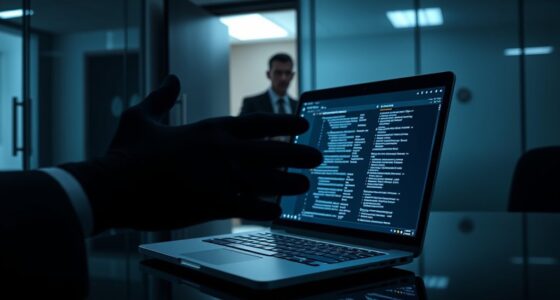
In light of recent scandals involving Paragon Solutions‘ spyware, Italy’s government is actively seeking alternatives to address its surveillance and cybersecurity needs. The controversy surrounding Paragon, particularly its Graphite spyware, has raised serious concerns about illegal surveillance practices. Initially, the government denied any wrongdoing, but it later confirmed using Paragon’s technology, claiming it wasn’t directed at protected entities like journalists. This shift has sparked investigations and demands for accountability, highlighting the need for more transparent and ethical approaches to surveillance.
Given these circumstances, the Italian government is exploring various alternatives that could meet its security requirements without the baggage that comes with Paragon’s spyware. One option includes seeking out other spyware vendors, such as the NSO Group, known for its Pegasus spyware. However, even these companies face similar controversies, which complicates their viability as alternatives.
The Italian government is exploring alternatives to Paragon’s spyware, including other vendors, but faces similar ethical concerns.
Instead, Italy might consider shifting focus toward cybersecurity solutions that don’t rely on invasive surveillance tactics. This approach not only aligns with ethical standards but also addresses growing public concerns about privacy. The importance of transparency can’t be overstated when considering these alternatives. Any new solution must prioritize clear operational practices to avoid falling into the same pitfalls as Paragon. Legal and ethical considerations are paramount, ensuring that these tools are used appropriately and not against individuals deserving protection. You want to see a system where surveillance is conducted responsibly, without infringing on personal freedoms. Furthermore, as travelers seek family-friendly trips to avoid the influx during the upcoming Jubilee year, Italy could also highlight its commitment to ethical practices in surveillance to attract tourists.
Another possibility is developing in-house surveillance tools. By creating its own solutions, Italy could maintain greater control over how these tools are used, ensuring compliance with legal standards and ethical guidelines. This self-reliance could also foster innovation within the country, potentially leading to more effective security measures tailored to Italy’s specific needs.
Additionally, considering international cooperation could prove beneficial. Collaborating with other nations to establish shared cybersecurity standards might mitigate future scandals and enhance collective security efforts. This cooperative approach could lead to more robust solutions that prioritize ethical use while protecting citizens’ rights.









